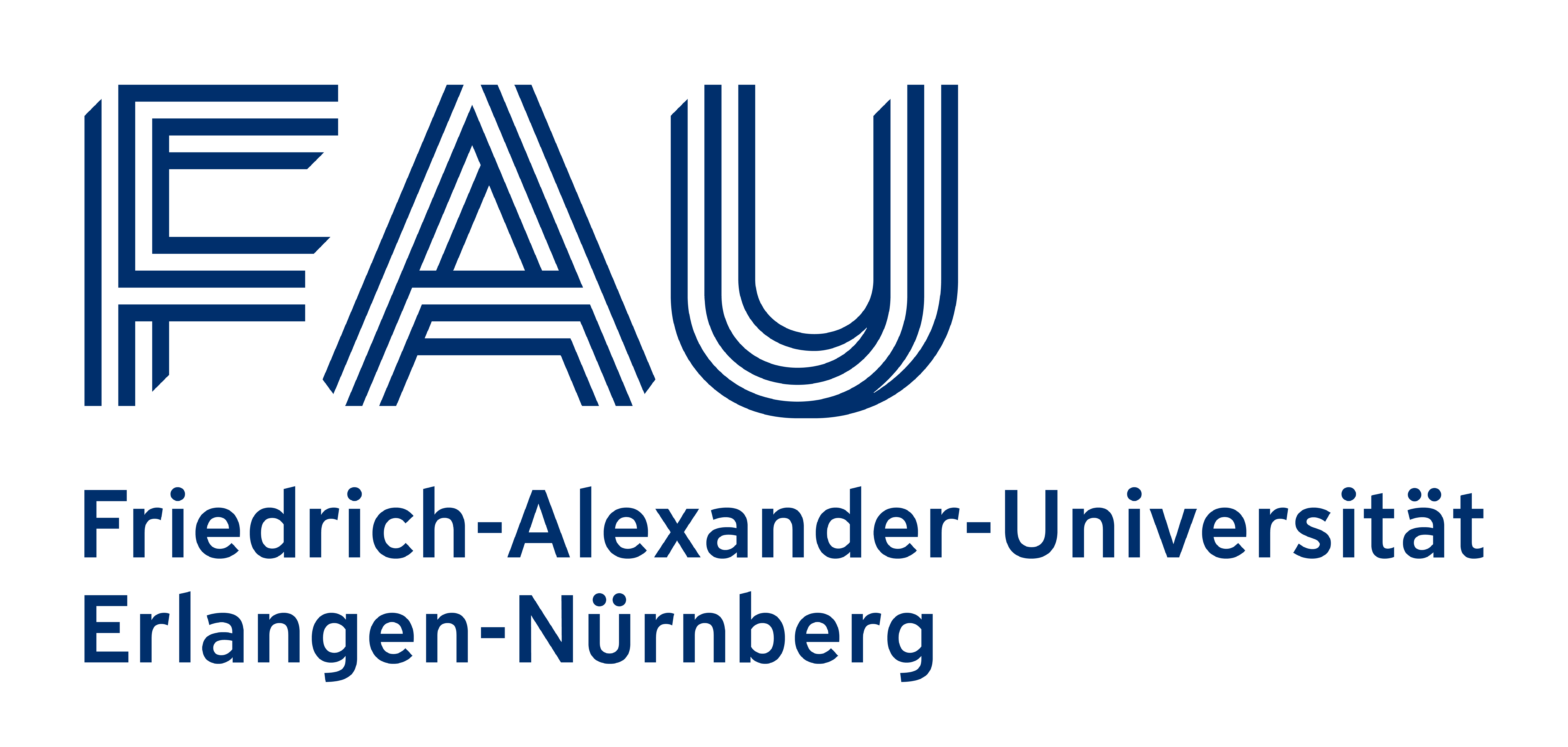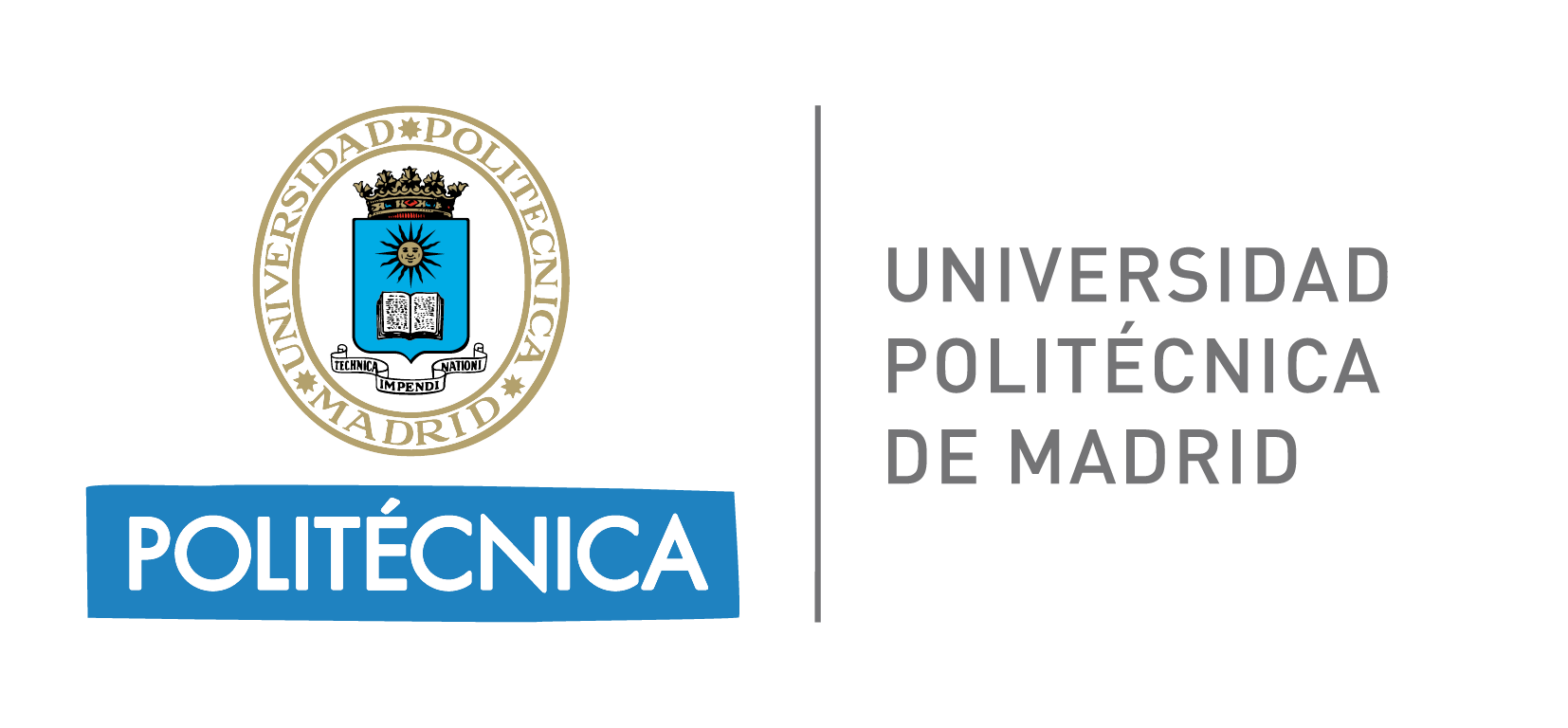Introduction to Science and Tech Diplomacy: the new geopolitics of technology
Call for Papers
Course:
Introduction to Science and Tech Diplomacy: the new geopolitics of technology
Objectives
Deep transformations of the role of science in international affairs together with the rapid evolution of innovations are leading to renewed geopolitical rivalries and fragmentation. For example, the terrifying prospect of a nuclear conflict and the recent pandemic make science and health diplomacy more important than ever. Also, the importance of artificial intelligence to international relations proves tech and innovation diplomacy key to national and international politics. The rationale of this course is to a) understand the implications of science and technological innovations in the international sphere and b)put them into the context of European sovereignty, so they can be the subject of education and dissemination. In short, how can we educate the next generation of scientists and engineers to address geopolitical challenges?
In fact, there is an increasing demand for experts in a particular technology domain, who will be able to understand and manage the challenges of science and new technologies while reflecting and reviewing their impact on European values. Vice versa, engineers and scientists need to be aware of how developments could reshape the delicate balance of international relationships and what makes us, Europeans, unique.
Expected learning outcomes
- the ability to understand how scientific and technological developments work, with a specific focus on their governance and international spillovers
- the ability to think critically and analyze different use cases for technology and science delivery in the economy and society, and
- the ability to understand the unique advantages of the European approach to technology and science.
- the ability to understand that science diplomacy is a new concept with a long history, and thus to acquire some basic historical knowledge about science and technology’s major role in international affairs.
Information:
When?
09/10/2023 – 15/01/2024
Where?
On-site
09.-11/10/2023, lectures at the Friedrich-Alexander-Universität Erlangen-Nürnberg, GERMANY
Online
16/10–18/12/2023, 10 lectures on Mondays
08/01 and 15/01/2024, presentation days
Who?
Up to 30 early career scholars (advanced MA Students, PhD candidates and Postdocs) from every field of research. The applications for the course will be gathered in two phases. Phase I: PhD candidates and Postdocs. Phase II: Advanced MA Students.
Who is organizing it?
- Jean Monnet Chair on Technology and Science Diplomacy for European Sovereignty (TechDip) held at UPM run under the context of Action ERASMUS-JMO-2022-HEI-TCH-RSCH, co-financed by the EU EACEA under GA Project 101085303.
- Chair of Science, Technology and Gender Studies at the Friedrich-Alexander Universität Erlangen-Nürnberg in collaboration with the ERC Consolidator Grant “Living with Radiation” (HRP-IAEA grant no.770548)
- Technology Diplomacy and International Cooperation Community of EELISA European University.
Who is funding it?
Your participation will be partially funded by:
- EELISA European University
- Friedrich-Alexander-Universität Erlangen-Nürnberg (FAU)
- Universidad Politécnica de Madrid (UPM)
What do you get?
- EELISA credential (https://eelisa.eu/eelisa-credential/)
- ECTS Points (FAU) for a successful participation in the course.
- Possibility for a Science Diplomacy certificate with additional work.
Deadlines:
Please include the following in your application:
Cover letter, short CV with contact information, extended letter of motivation (500 words), which directly addresses the subject of the course and your particular field of interest.
Advanced MA Students from every field of research are invited to participate. Submission is possible until the 24/07/2023.
Please note that PhD candidates and PostDocs from every field of research still could submit their application until the 24/07/2023 with the requirements mentioned above.
If successful, you will be formally invited to the course by 06/09/2023.
Questions?
Please email ralf.mitschke@fau.de
Travel and subsistence support
EELISA Travel Award by FAU
Accommodation (hotel including breakfast) and travel cost support will be provided by EELISA FAU to 5-6 participants, who are members of one of the European University EELISA institutions (not from FAU).
Please indicate in your application that you are interested in the EELISA Travel Award. Please clarify in advance whether funding from your local EELISA Officeis possible in order to enable as many students as possible to participate. Winners will be notified via email by September 06, 2023.
EELISA funding through your local EELISA Office:
Travel and accommodation might also be supported by your EELISA institution, please contact your local EELISA project coordinator.
| Institution | Contact person(s) and position | Email address |
|---|---|---|
| BME | Sára Tóvölgyi / Kata Kapusy / Sándor Kiss | tovolgyi.sarolta@gtk.bme.hu kapusy.kata@gtk.bme.hu ksandor@math.bme.hu |
| ENPC | Marie Christine Bert | marie-christine.bert@enpc.fr |
| FAU | EELISA Team at FAU | eelisa@fau.de |
| ITÜ | EELISA Team at ITU | eelisa@itu.edu.tr |
| PSL | Camille Roger | camille.roger@psl.eu |
| PSL-Chimie | Antoine Mercier | antoine.mercier@chimieparistech.psl.eu |
| PSL-Mines | Alma Catala Luna | alma.catala@minesparis.psl.eu |
| SNS | Darya Krasilnikov | eelisa@sns.it |
| SSSA | Rossella Raso | rossella.raso@santannapisa.it |
| UPB | Mariana Munteanu | mariana.munteanu@upb.ro |
| UPM | María Luisa Martínez Muneta | luisa.mtzmuneta@upm.es |
Max. participants: 30
Possibility for a Science Diplomacy certificate with additional work
* If you would like to receive ECTS for your home degree program, please clarify credibility of the activity with your local study and degree coordinator beforehand.



